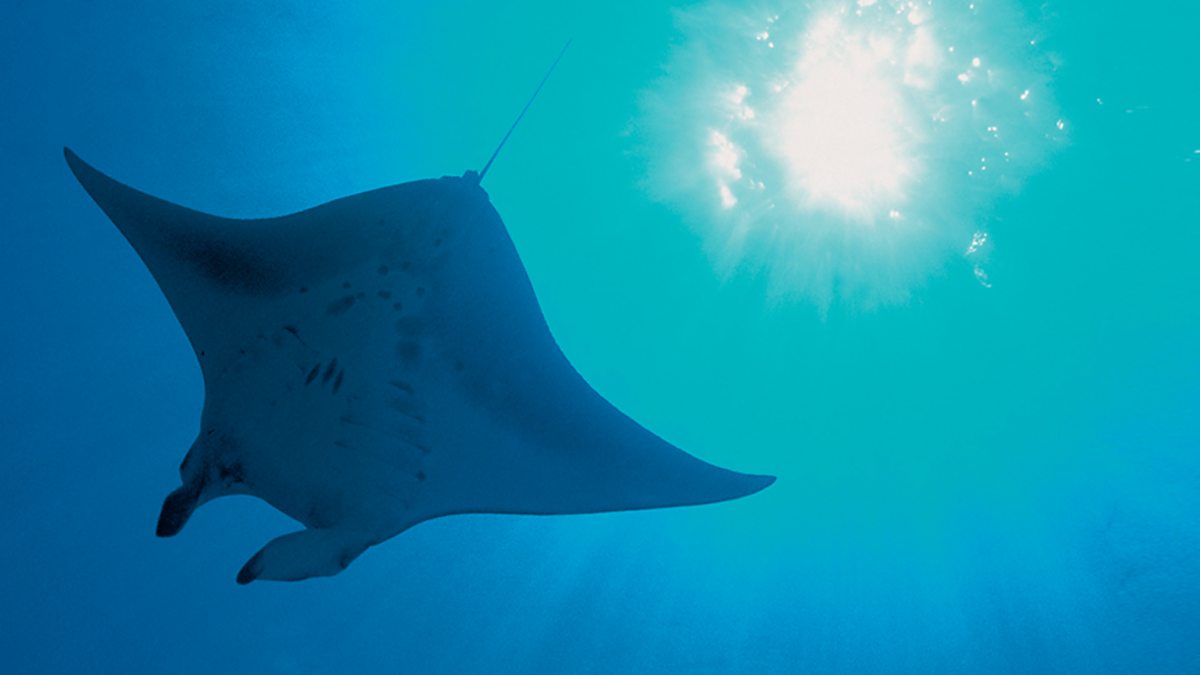It is just over twenty years since The Blue Planet, a comprehensive documentary series on the natural history of the world's oceans, aired on the BBC, back in September - October, 2001.
With narration provided by the broadcaster, natural historian, and author, Sir David Attenborough, we were introduced to the private lives of some of the seas' most fascinating creatures; from the small copepods, to the large blue whales. The series was a real gift for natural history enthusiasts, with some of the animals gracing our screens being little known, even to experts and marine biologists.
From the deepest parts of the sea floor, to the shores where water laps the land, this was a groundbreaking series that took viewers below the surface of our world's waters, and introduced us to animal and plant life there.
Sixteen years later, Blue Planet II, aired, and was credited with raising awareness of plastic pollution. After the first episode aired in the UK, there was increase in internet searches about conservation, and a number of conservation charities reported an increase in traffic to their sites.
Over the years, as detrimental impacts upon the environment caused by human activity have become more and more apparent, Sir Attenborough, and the projects with which he is attached, have become more overtly supportive of conservation efforts. As a broadcaster who has spent his life working in the natural world, in a career that spans across eight decades, driven by personal interest and passion, he is near uniquely placed as a witness to the changes that have occurred across the face of our planet.
Looking back at the original series, just over twenty years since it first aired, one wonders whether this will become a document of a world lost. With daunting predictions about the ratio of fish to plastic being equal by 2050 (www.bbc.co.uk/news), and reports of just how much coral has been lost (www.theguardian.com/environment), it's difficult not to have these fears about the health of the waters. And, ultimately, the state of our planet.
One hopes, that these documentaries will not become so irrelevant in the years to come. And it might just be worth going back to watch these wonderful, award-winning, documentaries, and to be inspired all over again. Inspired to do whatever we can - whether that's with donations of time, effort, or money - because this is a beautiful blue planet worth protecting.
You can watch The Blue Planet on BBC iPlayer
Thank you for reading. This blog is written with a love for nature and wildlife at its heart. I ask that you please consider supporting this blog with a coffee from ko-fi.com - the caffeine keeps me writing! Thank you to all readers and supporters; I really do appreciate you!




No comments:
Post a Comment